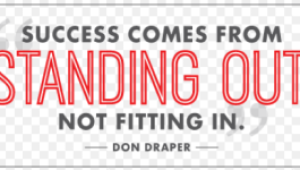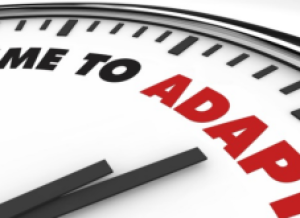
When we are designing innovation for the future, the search is even more centered around strategically connected value creation.
The task of searching to resolve more complex problems allows Design Thinking to step up and become a far more visible component on how we can go about this.
Design thinking needs to work in harmony with many other thinking skills to make its contribution. Here I outline some of my “must go to” frames or tools.
The need when you “cast out” and look into the future we need to make a lot of connections, these can be really different, seemingly disparate in ideas and approaches. The whole search for diversity can generate so much fresh thinking if we open our minds to the alternatives.
We need to draw on insights, creativity but most importantly have a growing sense of the context we are thinking through to search for new ideas, concepts, and eventual new innovating solutions.
We often get caught up in data far too early, looking for the real nugget that can transform our thinking. I would guard against this, we always need the “larger” context. Never allow the “narrow prism” to dominate until any concept is getting clearer in its final design. Continue reading “All things considered for Innovation Thinking”



 I recently wrote a post “
I recently wrote a post “

